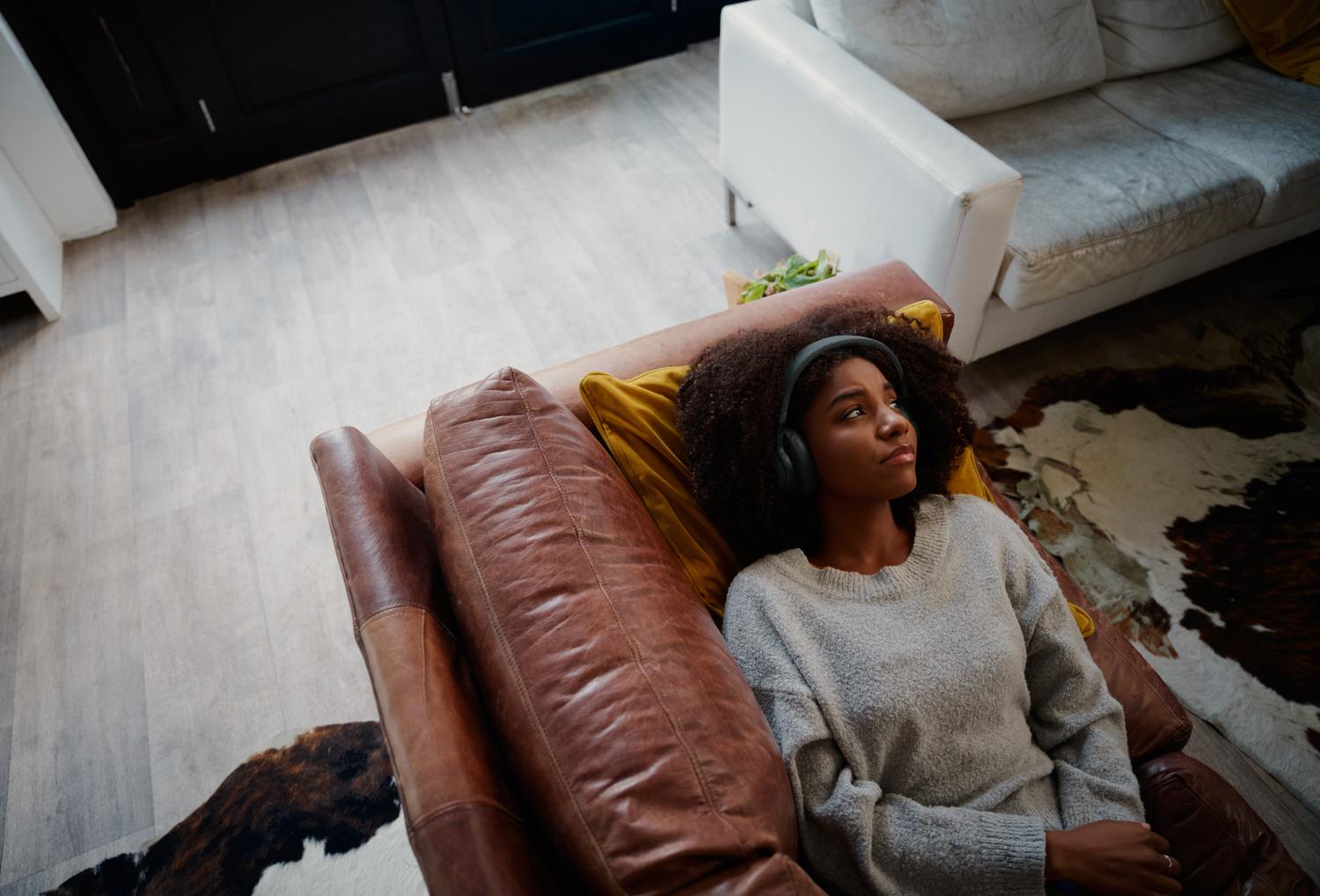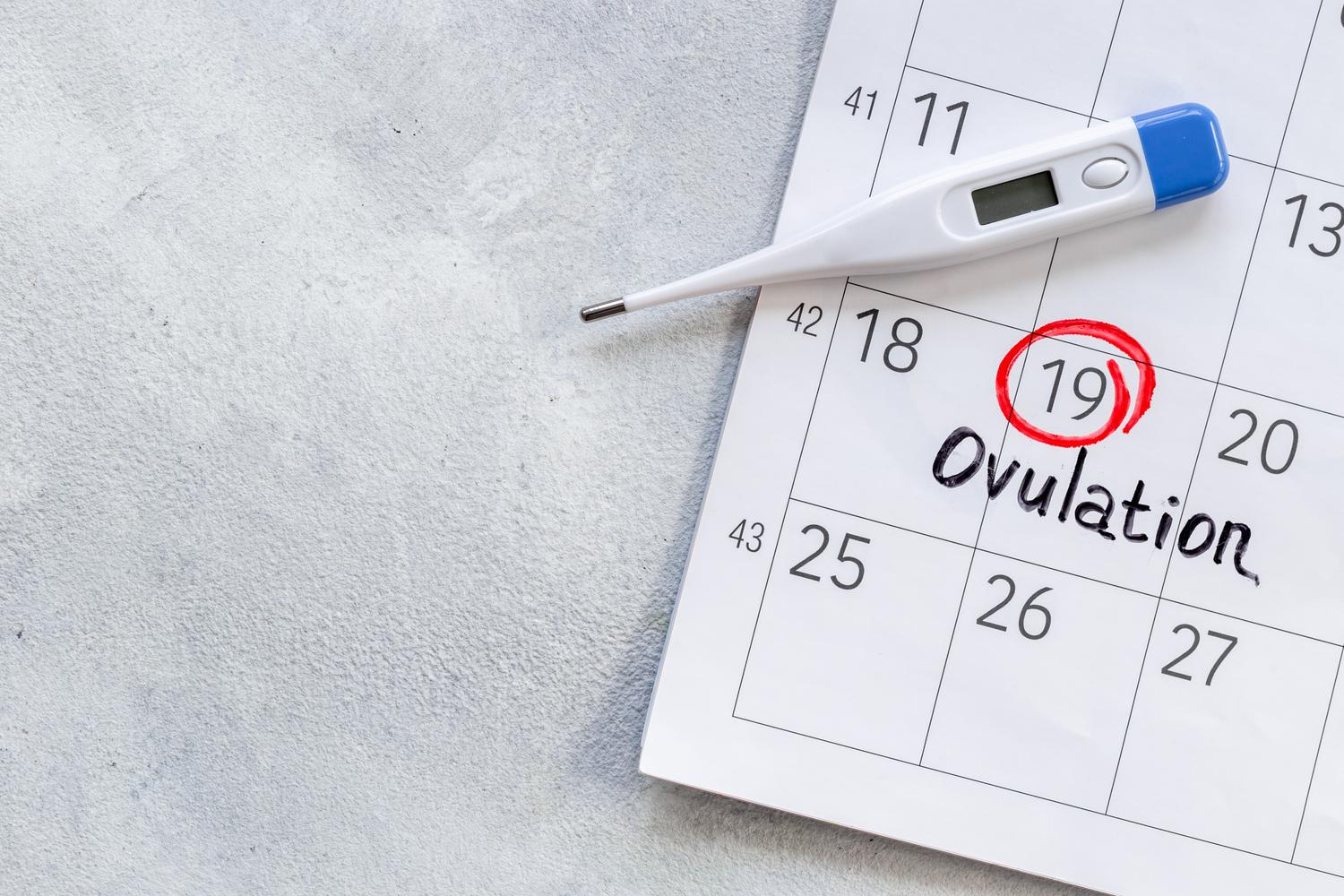How Many Hours of Sleep You Need + Common Sleep Questions
How many hours of sleep you need, and more common sleep questions answered
Sleep: you want it, you need it, but like millions of Americans, you’re probably not getting enough of it. According to the Centers for Disease Control and Prevention (CDC), 1 in 3 American adults report not getting enough sleep. What’s more, 50-70 million American adults struggle with some form of chronic sleep disorder.
But how much sleep do you need? And why does getting enough sleep matter? No need to stay up at night wondering: this article addresses common sleep questions with research-backed information and expert recommendations.
Is 6 hours of sleep enough?
The amount of sleep you need depends on a number of factors. Your age is one of the main determinants of sleep duration. The quality of sleep also matters.
That being said, the experts at the National Sleep Foundation say that 7-9 hours is the right amount of sleep. In some rare cases, an individual may only need six hours of sleep, while others may need over nine. Long and short sleep are exceptions, though. The majority of adults should get between the recommended amount of sleep.
Short sleep time (less than seven hours) per night causes negative effects on your health and well-being. A consistent sleep schedule that ensures you get the recommended hours of sleep will help maintain your overall health while preventing these harmful effects of sleep loss.
What is sleep loss?
A lack of sleep or only getting poor sleep is known as sleep loss or sleep deprivation. Sleep deprivation affects your mental health (mood), cognitive function (reaction time, decision-making, etc…), and physical health.
Your body doesn’t shut off when you get shut-eye. It actively works to repair and recover from the day’s activities while preparing for the next day. Robbing your body and mind of their sleep needs impairs this process, which can lead to problematic health conditions over time.
Insufficient sleep has been linked to an increased risk of chronic health issues like:
- Cardiovascular disease
- Heart disease
- High blood pressure
- Kidney disease
- Stroke
- Type 2 diabetes
- Obesity and weight gain
- Depression and other mood disorders
The effects of sleep deprivation also make daily activities more dangerous. 40% of adults report nodding off once a month doing basic tasks. Drowsiness while driving accounts for over 100,000 crashes and 1,550 deaths every year. Sleepiness at work is responsible for 70% of workplace accidents.
Physical health and cognitive performance are linked to a good night’s sleep. Owing a sleep debt or not getting deep sleep can affect you in the short and long term.
What happens when you sleep?
As noted above, your brain and body do not stop working when you sleep. During sleep, memories become encoded, cells are repaired, and clears the brain of waste (yes your brain produces waste). Quality sleep protects your physical and mental health.
During sleep, your brain goes through a sleep cycle. The sleep cycle is made up of four distinct stages of sleep: three non-REM (NREM) and one REM. You may pass through these stages several times throughout your sleep cycle.
The four stages of sleep are:
Stage One (N1): Stage 1 lasts anywhere from one minute to about ten. This occurs as you are just nodding off. Your brain and body have not fully relaxed, though they begin to slow down.
Stage Two (N2): Stage 2 may last for 10-30 minutes. During this stage, your muscles relax, and your heart rate and breath slow down. Your body temperature also begins to drop. Your brain sees small spikes in activity that help prevent waking up.
Stage Three (N3): N3 is known as deep sleep. Your body, heart, and breath are pretty relaxed during this stage. N3 marks the point where your body starts to repair itself. Your immune system is strengthened and muscles may actually grow during this time. Someone in deep sleep is hard to wake up.
Stage Four (REM): REM (rapid eye movement) is a sleep pattern linked to cognitive performance, memory, and creativity. Your brain actually becomes more active during this stage, almost like when you’re awake. Your muscles become semi-paralyzed temporarily, although your eyes appear to move rather quickly (thus the name of this stage).
REM sleep is responsible for your most vivid and intense dreams due to this uptick in brain activity. Your first pass through REM may only last for a few minutes. You will often spend longer in this stage the longer you stay asleep. Newborns, however, can often pass into REM almost immediately after falling asleep (lucky them).
What’s the difference between a sleep cycle and Circadian rhythms?
Your sleep cycle is made up of the four stages detailed above. Circadian rhythms are internal patterns that run on a nearly 24-hour schedule. Circadian rhythms are responsible for governing your sleep-wake cycle. They also help regulate hormone levels, appetite, and other functions.
Circadian rhythms are partially governed by sunlight. As you get less sunlight in the evening, melatonin levels begin to rise, helping you wind down and eventually getting you to fall asleep. Once you fall asleep, you experience the four-stage sleep cycle.
How can I get better sleep?
The quantity of sleep you get is just as important as the quality. About 33% of American adults categorize their sleep as “poor”. Poor sleep can lead to chronic sleep deprivation, as you aren’t entering into N3 and REM as often or for enough time.
Luckily, several sleep habits are recommended by sleep medicine experts to help you improve your sleep quality.
Healthy sleep habits include:
Keep a regular sleep schedule: Wake up and go to bed at the same time every day. This will help solidify your circadian rhythms. A consistent sleep schedule will also help keep you from oversleeping or getting less sleep than your body needs, as you ensure that you always get a certain amount of rest every night.
Make a relaxing bedtime routine: Bedtime routines signal to your brain and body that the stress of the day is over. Try to solve problems before you go to bed. Shut off your devices, and indulge in a soothing activity before getting into bed. This could be a warm shower or bath, meditation, deep breathing, or reading (Instagram captions do NOT count).
Shut off your screens: Turn off all electronic devices at least 30 minutes before bedtime. Phones, laptops, and tablets emit a blue light that suppresses melatonin (which helps you feel sleepy) and can shift your circadian rhythm, making it harder to wind down at night. Social media use has also been linked to increased stress levels and reduced sleep quality. Getting off screens will help you wind down and fall asleep during your bedtime routine.
Exercise regularly: Getting regular exercise has been shown to improve sleep quality and quantity. Physical activity regulates your body temperature and reduces stress, helping you fall asleep faster and stay asleep. Exercising 4 to 6 hours before bedtime has the best impact on sleep.
Establish a healthy sleep environment: A relaxing sleep environment is critical to quality sleep. Keep the area where you sleep cool and comfortable (60-67 degrees is ideal for most people). Do what you can to limit light exposure so that the room is adequately dark when it’s time for bed. It is also helpful to refrain from using your bed for anything other than sleep and sex. If you work in your bedroom, your brain will associate that area with stress rather than relaxation. Do not check the time at night – try to keep alarm clocks, watches, or smartphones out of your line of sight. Checking the time in the middle of the night can make you feel more awake and can make it hard to fall back asleep. Also, avoid sleeping with pets. A dark, cool, quiet room used primarily for sleep will induce your brain and body to relax and wind down at the end of your day.
Limit consumption before bed: This entails basically everything consumable. Drinking alcohol or smoking before bed can cause sleep problems. Eating too much before bed will also affect your sleep quality. Even drinking water right before bed can cause you to get up in the middle of your sleep cycle to go pee. Stop eating and drinking (anything) 30 minutes to an hour before bed to limit the amount of substances your body has to process during sleep.
Can Sesame help me get better sleep?
If you’re struggling with falling or staying asleep, talk to a healthcare provider about your sleep habits and possible methods to help yourself. Sesame offers online sleep medicine visits with licensed sleep experts to help you get the night’s rest you need. These convenient appointments give you the opportunity to get professional advice and treatment for sleep problems. Book a visit to start getting better shut-eye.









